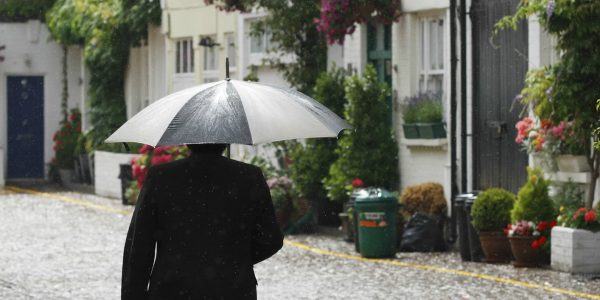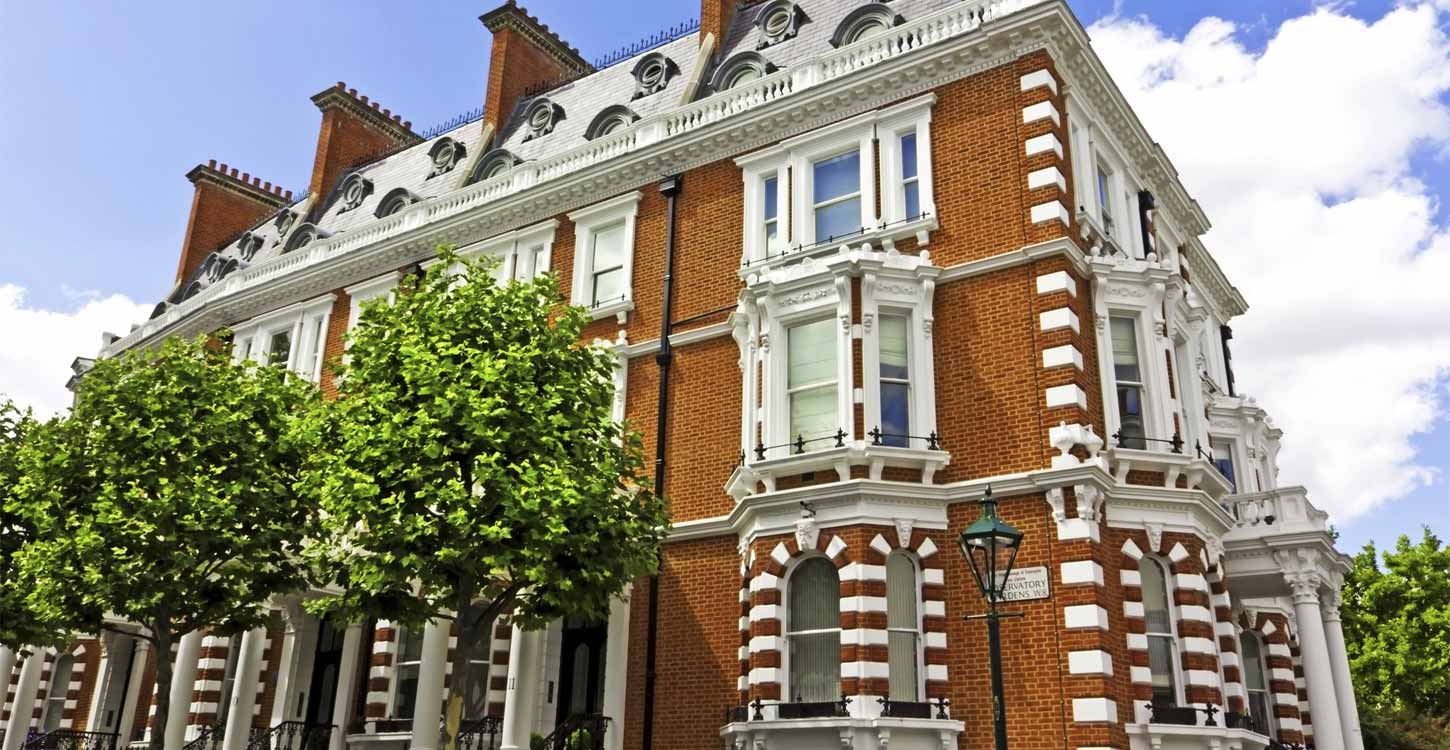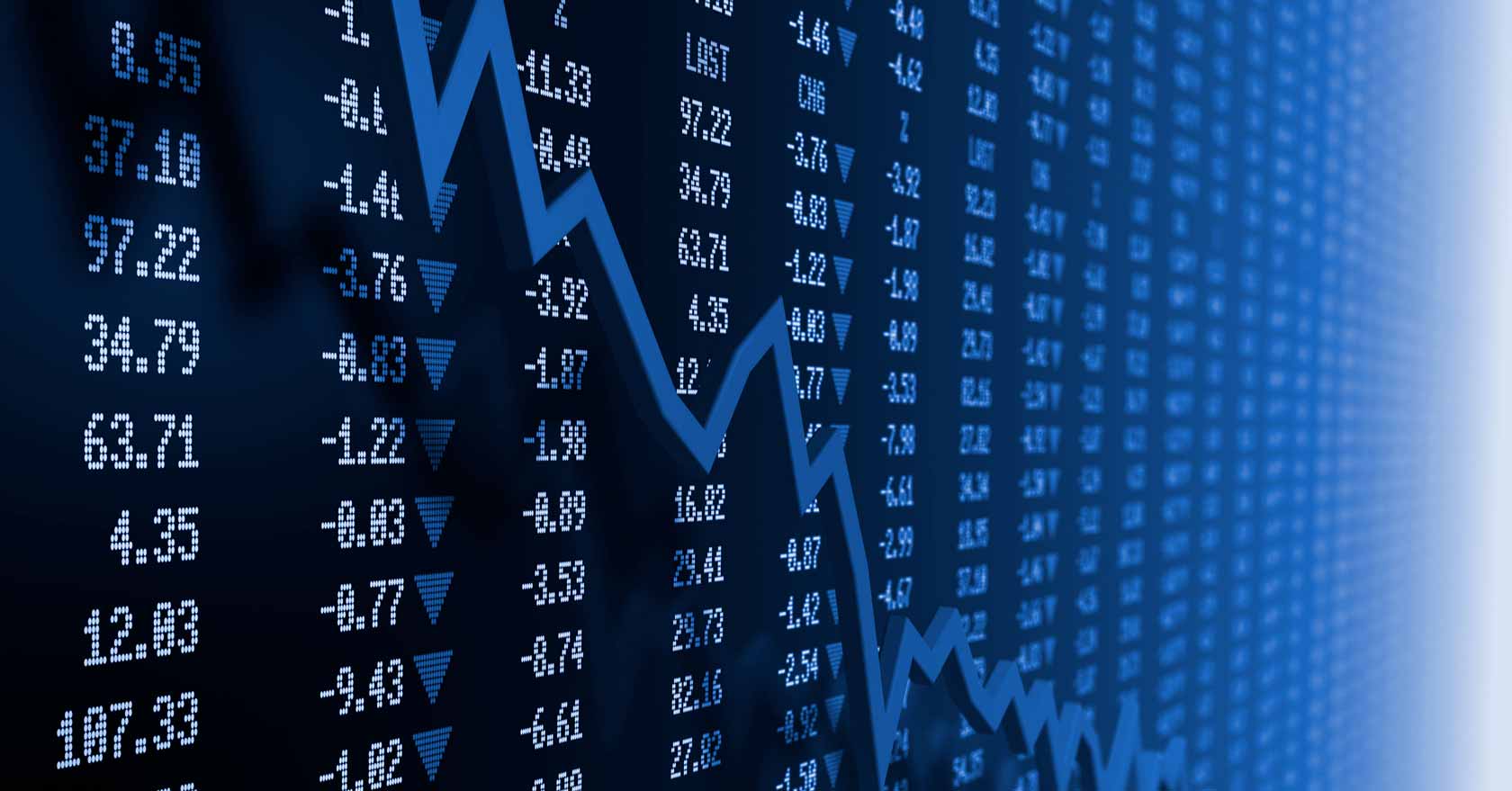Although the content(s) of the article were correct at the time of writing, the accuracy of the information contained within may no longer be current, as it may have been subject to subsequent tax, legislative or event changes. To browse more recent content, please see our Knowledge Centre.
With the UK General Election upon us, uncertainty over which party (or indeed parties) will take power is making property investors nervous.In what promises to be one of the closest-run election contests of recent times, populist pledges aimed at hitting the wealthy (and particularly foreigners) with new taxes abound.
Amid this uncertainty, property transaction levels have fallen as predicted. In some cases prices have fallen too, but talk of declines across the board are misleading. As ever, statistics are too broad a brush.
In recent weeks we have bought an off-market house for £9.5m, which was a significant discount to what the seller was hoping to achieve. In another instance, we acquired a buy-to-let property for a discount of 14% to other flats and this is in a building that is almost guaranteed to outperform the market over the next five years.
On the other hand, I know of various bidding wars: An apartment in Knightsbridge, which had been significantly reduced, then sold for significantly over the asking price of £3.8m. Then there was a house in Kensington where the asking price was £8.5m, but after competitive bidding, it has been agreed at circa £9m. In this last case, the buyers had originally agreed a price of £8.5m prior to the increase in Stamp Duty Land Tax, but then pulled out in December due to the changes. I could list numerous other examples; although there are reports of the market being dead there is still activity and in certain cases some high prices are being achieved.
Transactions falling
![]()
However, transaction levels are likely to fall even further over the coming weeks as the election looms large. According to Lonres, in London the overall year-on-year decline in February was 22%.
Meanwhile, the estate agency W.A.Ellis has said: “If one drills into the statistics further, the most dramatic reduction is the sale of houses within Belgravia, Chelsea, Knightsbridge and Kensington, which have dropped by 50%, from 40 sales in 2014 to 19 in the same period this year.”
Transaction volumes are one thing, but new figures from Savills show just how strongly the UK property market has performed recently. UK housing is now worth £5.75 trillion, having risen by £543 billion in one year and £966 billion in five years. (London housing stock, meanwhile, is worth a total of £1.485 trillion – a figure that has risen by £247 billion in one year and £563 billion over five). The UK housing market is said to now be worth 2.5 times the value of all the companies listed on the London Stock Exchange.
Politicians know these figures just as well as estate agents do, which means that for all their rhetoric about perceived inequality, they really cannot afford to endanger the property market with draconian policies. Not only would it cause financial disaster for the banks and the economy, most importantly of all it would ruin their chances of getting re-elected.
Turkeys do not vote for Christmas, nor do children voluntarily hand over sweets, and politicians – especially prime ministers and presidents – do not want to alienate voters and be one-term wonders. There is a world of difference between pledges and policy, so while investors are right to be cautious, predictions of a price collapse are likely to be very much overblown.





